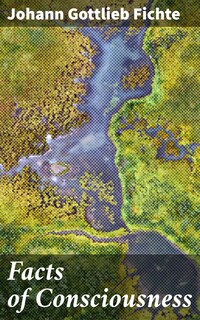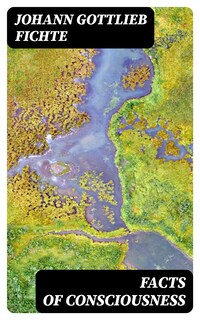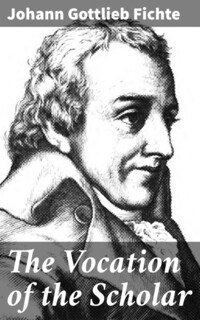The Vocation of Man
Description of book
In "The Vocation of Man," Johann Gottlieb Fichte presents a profound exploration of human purpose and self-realization, articulated through a series of philosophical discourses. Employing a clear yet passionate prose style, Fichte engages with Enlightenment ideals while also carving a distinctive path through German Idealism. The book is structured as a dialogue between a teacher and a student, enabling the nuanced interplay of thought that encourages readers to confront their own existential inquiries. Within the context of early 19th-century philosophy, Fichte's work addresses the pivotal themes of individual freedom, ethical responsibility, and the interplay between the self and the absolute. Fichte, a central figure in German philosophy, evolved from the influence of Kant, seeking to articulate a system that emphasizes the role of the self in the creation of meaning. His own experiences—his education and reflection upon the nature of consciousness—were instrumental in shaping his ideas. Fichte's understanding of human vocation was deeply rooted in the socio-political currents of his time, which challenged individuals to pursue moral and intellectual autonomy amid the turbulent backdrop of the Napoleonic Wars. This book is highly recommended for readers interested in philosophy, ethics, and the human condition. Fichte's philosophical vision prompts an enlightening examination of our own vocations and the responsibilities that accompany them. "The Vocation of Man" is not only a significant philosophical text but also an invitation to engage deeply with one's purpose in a complex world.
 Johann Gottlieb Fichte
Johann Gottlieb Fichte 174 Pages
174 PagesThe book The Vocation of Man and over 1 million other books
from €99/month
Fill your life with stories































